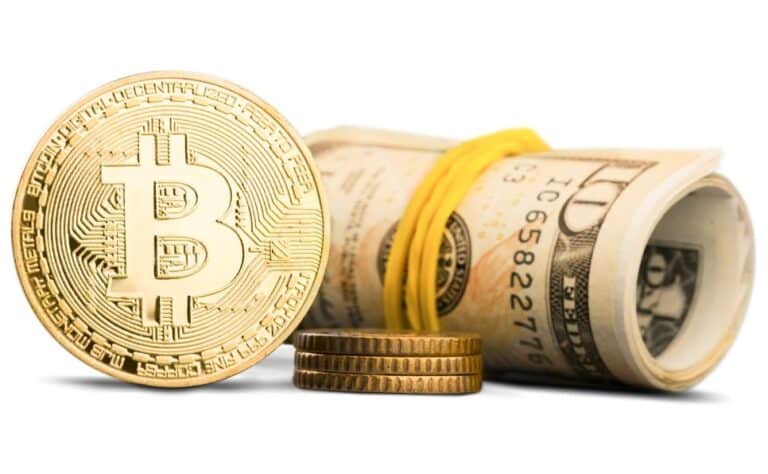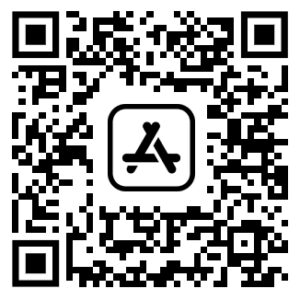As cryptocurrency and other decentralized applications emerge, people have come to wonder what other centralized aspects of our lives can be decentralized. Decentralized social networks are revolutionizing the way we think about online communities and social media. Gone are the days of relying on private tech companies to store our data and moderate content. In this week’s blog, we\’ll explore the advantages and disadvantages of decentralized social networks and what they mean for the future of online communities!
First, What is a Decentralized Social Network?
Decentralized social networks are a new type of online platform that aim to give users more control over their data and privacy. Unlike centralized social networks like Facebook and Twitter, which store user data on centralized servers and make decisions about content moderation and privacy policies, decentralized social networks are built on decentralized systems like blockchain and peer-to-peer networks, giving users more control over their data and the ability to participate in governance.
What are the Advantages?
One advantage of a decentralized social network is that user data isn’t stored on a centralized server, which is vulnerable to hacking and data loss. Instead, data is stored on a network of distributed computers, which makes it more difficult for mass data loss. Along with this comes greater privacy, since users have more control over their data.
Another advantage, though controversial at times, is censorship resistance. Many popular social networks moderate and censor content that violates community guidelines. In the age of fighting misinformation, some people look for platforms that allow all users to speak their mind freely, free of censorship.
Another great advantage of decentralized social networks is the rewarding of content creators. For example, the newest decentralized social network Damus allows users to tip each other in satoshis, which are one hundred millionth of a Bitcoin.
What are the Disadvantages and Challenges?
Decentralized social networks will face challenges too. Scalability is a particularly important issue that they will have to tackle as they grow in user base size. The network will have to handle large amounts of traffic and data, which it may struggle with.
Another issue related to scalability is user adoption. Centralized social networks are very easy to join with just an email and a password, but decentralized social networks may also require more in-depth knowledge into blockchain technology and public and private keys. With most people used to using Facebook, Instagram, and Twitter, it’ll be difficult to convince them to switch over to a new, unfamiliar network.
The discussion of censorship and free speech have been a hot topic on centralized social media platforms for the last few years, as companies set guidelines on what is acceptable. Decentralized social networks don\’t limit speech on their platforms, allowing any and all opinions to be expressed. This tends to be a double-edged sword, as misinformation can spread quickly in communities.
So are decentralized social networks the future of friendship? It’s hard to tell. The current landscape of social media seems to be a shift towards the adoption of web3 features like NFTs in traditional social media platforms. Will you be joining a new social network this year? Let us know on Twitter by using #rockitcoin!





